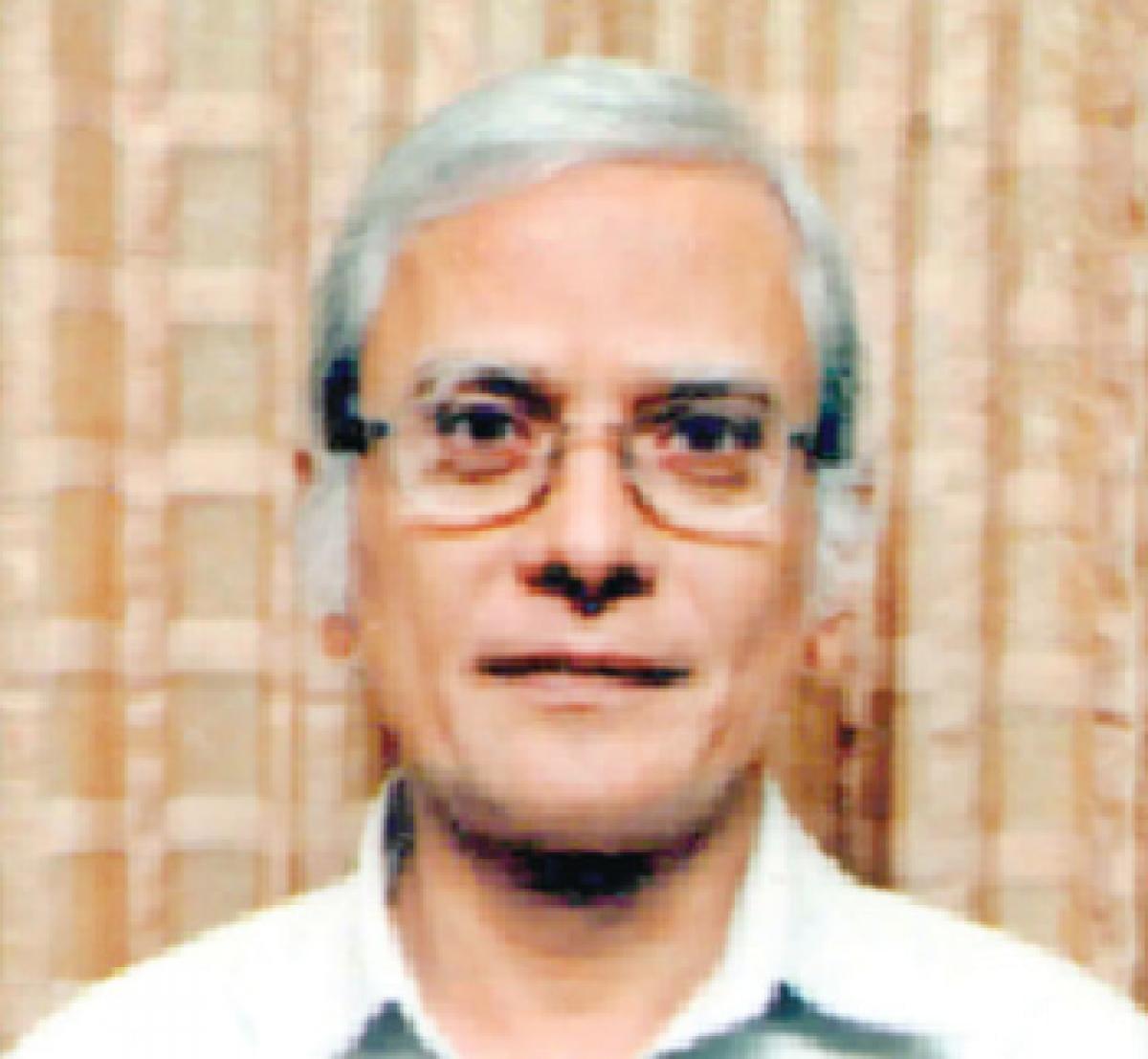Live
- Horoscope for November 28: Decoding Cosmic Clues for All Zodiac Signs
- Aishwarya Rai Bachchan’s Sister-in-Law Shrima Rai Shares Cryptic Post After Taking a Dig at Her
- Karnataka: Congress ministers indulge in lobbying ahead of Cabinet reshuffle
- Sujata joins duty after Odisha govt rejects leave extension
- Tur, urad prices have fallen in last 3 months: Govt
- NASA Alert: 130-ft Asteroid 2024 WQ2 Racing Past Earth at Over 62,000 km/h – Should We Be Concerned?
- What is UNSC Resolution 1701 and How it Relates to the Israel-Lebanon Ceasefire
- CM Mohan Majhi reviews preparedness at BJP state office ahead of PM Modi's visit
- Foods that boost the brain and sharpen memory
- Lisandro Martinez available for selection against Bodo/Glimt confirms Amorim
Just In

One learns from experience that while transparency is desirable, it has to be practiced with an eye on striking the proper balance between objectivity and the value of subjective judgment. Consider for instance, the recruitment practices of the Union Public Service Commission of India (UPSC).Candidates need not have to merely demonstrate the extent of their knowledge but have also to display perso
One learns from experience that while transparency is desirable, it has to be practiced with an eye on striking the proper balance between objectivity and the value of subjective judgment. Consider for instance, the recruitment practices of the Union Public Service Commission of India (UPSC).Candidates need not have to merely demonstrate the extent of their knowledge but have also to display personality skills.
The recruitment is thus adequately transparent but tempered with a modicum of the all-important human element which is essentially subjective in nature. Totally mechanical approaches are often more suitable for exercises not influenced by the unpredictability associated with the behaviour of human beings.
In the year 1984 I served (as the Registrar of Co-operative Societies) on a Committee tasked with re-organizing the geographical jurisdiction of Primary of Agricultural Co-operative Societies (PACSs) in the erstwhile state of Andhra Pradesh. PACSs were classified as viable, potentially viable or unviable depending on the excess of income over expenditure.
In accordance with regulations then in force of the Reserve Bank of India, the interest due on the loans outstanding of a PACS was the primary consideration for determining income. This time, however, the Committee enlarged the scope of the definition by introducing some its more factors relating to the operational viability of a society -such as the presence of non-loanee farmers in its area operations, the extent of cropped land yet to be covered by lending,
the potential for creating irrigation facilities, the presence of infrastructure such as power supply, etc. Different weightages were assigned to the various parameters in accordance with their perceived inter se significance and scores allotted to the parameters. Cut off points were prescribed for societies to be as considered viable - which varied across different parts of the state depending on levels of economic development and the agro - ecological conditions.
Marks were then awarded to each society and recommendations made whether the society was to be divided, left intact or merged with another, so that the resultant society would be a viable one. When the process was completed the total number of societies, which was initially 6785, as on 30th June, 1987 came down. The village co-operative in those days commanded considerable economic resources and political importance.
The process resulted in a great deal of litigation and the department of Cooperation had to defend its decisions in hundreds of cases filed in courts of law. Owing to the pains taken to render the process rational and transparent, and also on account of the availability of computerized records that justified the ultimate decision, most of the cases were decided in favour of the Department.
In the aforementioned case a transparent and methodical approach served to aid rational decision making which stood up to external scrutiny. In another instance that supports the case in point one of my colleagues, as the Chairman of a major public sector Colliery, made aspirants (competing for selection as security guards participate) in a sprint.
Those who ran the fastest were selected! Physical fitness and stamina being the essential requisites for that selection, the method followed eliminated the scope of outside interference. This was not so, however, in the case of the procedure adopted by another colleague who headed the Department of Agriculture in the erstwhile State of Andhra Pradesh. A large number of posts of Assistant Agricultural Officers had to be filled. Applications were called for.
Based on the details available in the application forms, marks were given for different aspects of the applicants ’background such as academic qualifications, previous experience, proficiency in the official language, etc. The posts were filled entirely on the basis of the marks scored. Calling the candidates for interviews would no doubt have exposed the exercise to outside interference.
Still, while eliminating the subjective element no doubt insulated the process from external factors, one would still have liked to see an effort made to assess the personalities of the candidates before selection, as this was important having regard to of the nature of duties they were expected to perform after selection.
Thus, while objective criteria have their value in aiding decision-making, the need for infusing in element of judgment should be kept in mind when the context is appropriate. As always, it is a question of balance.

© 2024 Hyderabad Media House Limited/The Hans India. All rights reserved. Powered by hocalwire.com







